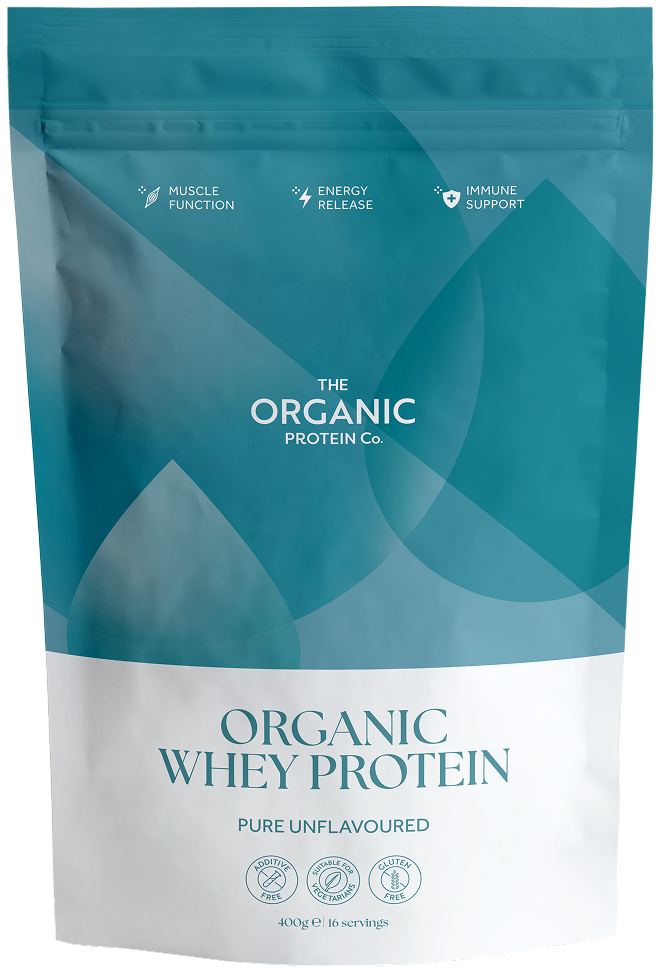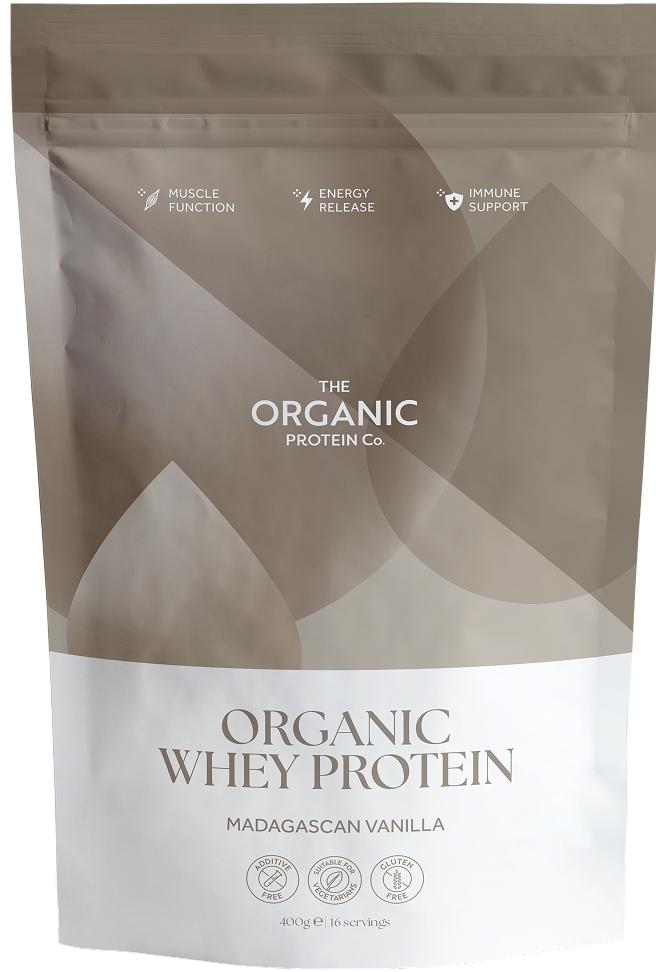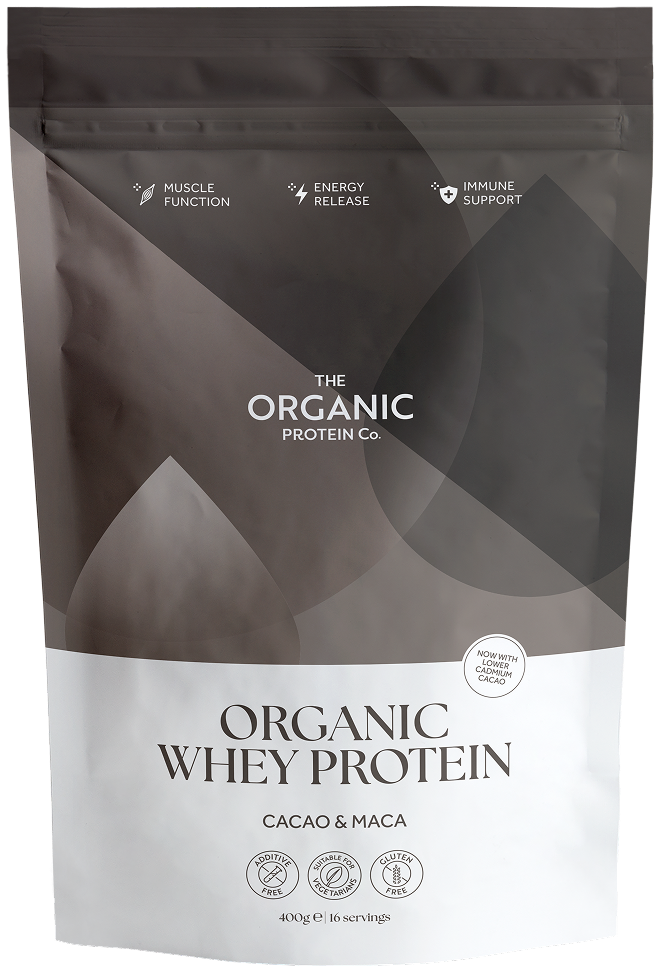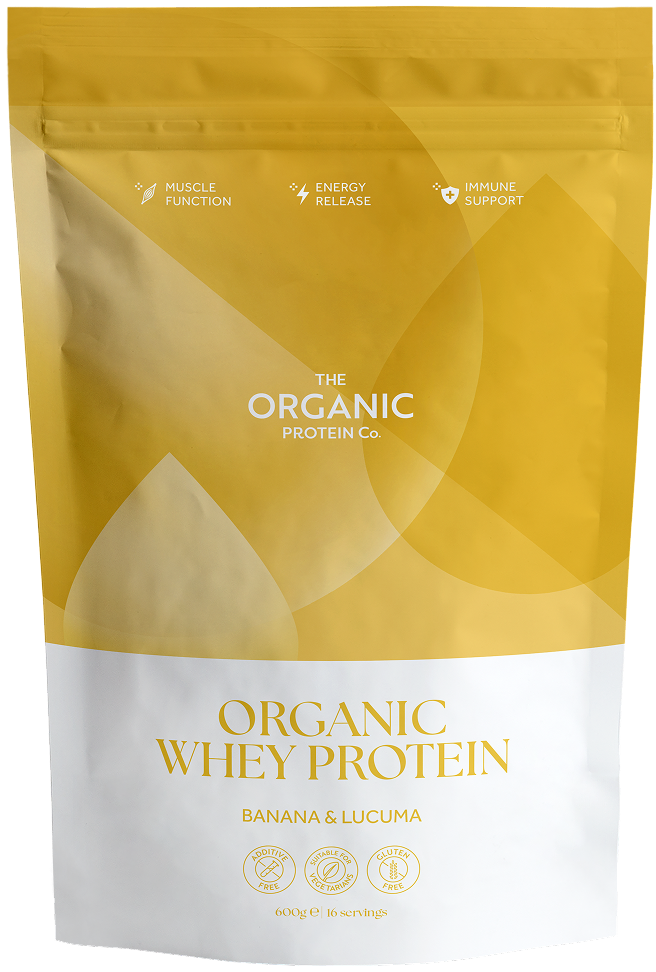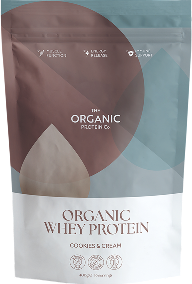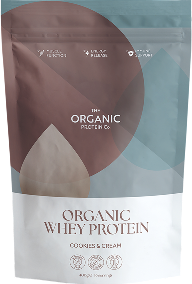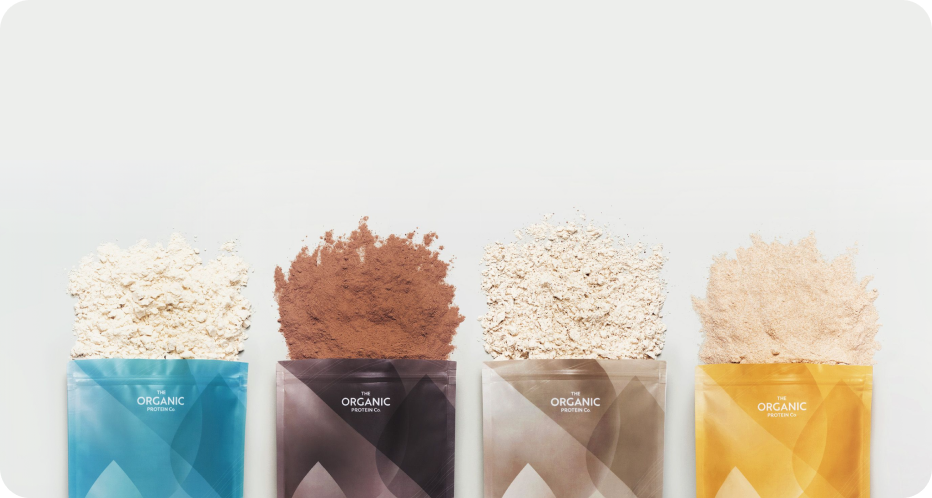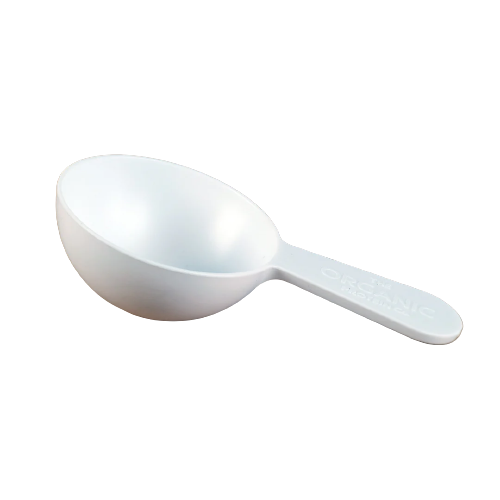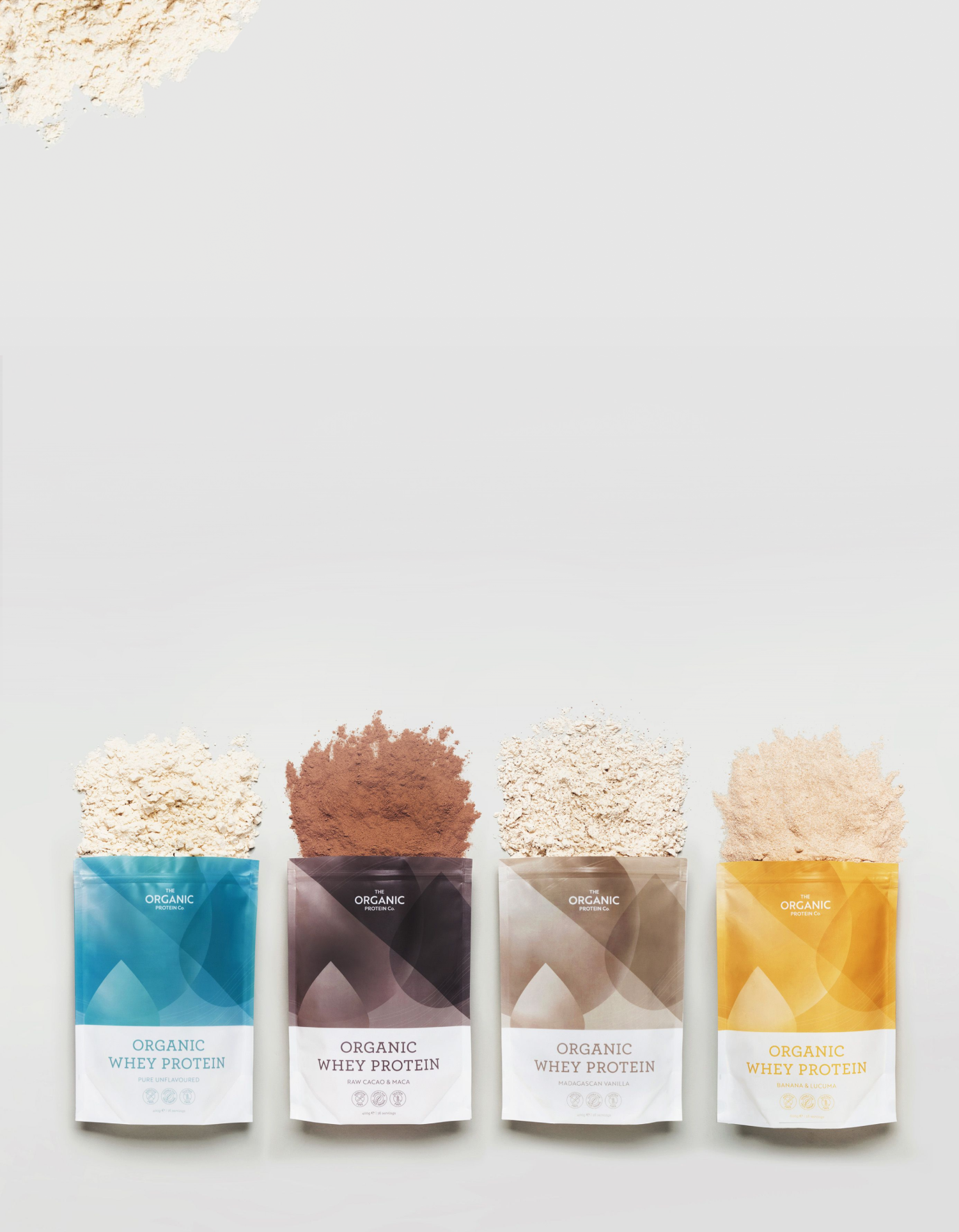Parents naturally want to give their children the best start in life, and nutrition plays a huge role in growth and development. Protein is a key building block, supporting everything from muscles and bones to hormones and enzymes. With whey protein being such a popular protein supplement for adults, many parents wonder if it could also help their children. But is it safe? And is it even necessary?
This guide explores why parents consider whey protein for their kids, and what the experts say about safe usage.
Why Parents Consider Whey Protein for Kids
Some parents wonder whether adding whey protein could help their child’s diet, and there are several reasons why it might come up in discussions about children’s nutrition.

Why some parents turn to protein powders
For some families, getting enough protein into a child’s diet can feel like a struggle. Picky eaters, busy schedules, or restricted diets may mean that parents worry that their child is falling short on their nutritional needs.
In these cases, parents may look for convenient options such as protein powders to fill the gap. Whey protein is widely available and easy to mix into smoothies and snacks.
However, it is important to note that the American Academy of Paediatrics (AAP) advises that most children already meet their daily protein requirements just by drinking the recommended amount of cow’s milk. Protein supplements are therefore often not necessary, unless advised by a health professional.
Role of whey protein in sports nutrition for active kids
For older children and teenagers involved in regular sports or exercise, protein needs may be slightly higher. Protein supports muscle repair, recovery, and healthy growth, which is why some parents wonder if whey protein might be helpful for their child.
Whey is rich in essential amino acids and is quickly digested, making it a common choice for active adults. However, experts stress that even active kids can usually meet their needs with a balanced diet. Powders should not replace whole food sources, and if protein supplements are used, they should be introduced carefully and ideally with professional guidance.

Do Children Need Protein Supplements?
Before considering supplements, it helps to understand how much protein children really need, and whether their needs can be met through whole foods.
How much protein do kids need daily?
Children’s protein requirements vary depending on their age, size, and stage of growth and development. While NHS guidelines tend to simply advise that children have a balanced diet that includes sources of protein, dairy, or dairy alternatives, specific UK Government recommendations are also available for daily protein intake as follows:
Toddlers (2-3 years): 14.5 grams
Children (4-6 years): 19.7 grams
Children (7-10 years): 28.3 grams
11-14 year old girls: 41.2 grams
11-14 year old boys: 42.1 grams
14-18 year old girls: 45 grams
14-18 year old boys: 55.2 grams
These amounts can usually be met through a balanced diet, without protein supplements.
Can most children meet protein needs through food?
For the majority of children, the answer is yes. Protein is widely available every day in foods such as lean meat, poultry, fish, dairy, beans, eggs, nuts and whole grains.
The AAP notes that children don’t need as much protein as you might expect, and in many cases it’s possible to get enough, or nearly enough, protein if a child drinks the recommended amount of cow’s milk.
This means that a healthy child who eats a reasonably varied diet typically doesn’t need whey protein or other protein powders.
When might a supplement be considered?
There are certain situations when a protein supplement could be discussed with a healthcare professional. These include children with specific medical conditions that affect absorption or appetite, very selective eaters who consistently avoid protein-rich foods, or cases where there are concerns about growth or development.
In these scenarios, whey protein or another supplement might offer a convenient way to help meet needs, but it is important to remember that other nutritional deficiencies may also be present. This is why it is important to see a healthcare professional if you are concerned about your child’s growth or nutritional intake. While they may suggest protein supplementation, it is likely to form part of a broader paediatric nutrition plan carried out under specialist guidance.
Is Whey Protein Safe for Kids?
Parents often ask whether whey protein is safe for children, and while it isn’t usually needed, there are a few important points to keep in mind.
Whey protein should not replace whole foods
Experts note that while protein has become a popular trend among children and teenagers, it is not usually necessary. While protein supplements can seem convenient, they should never take the place of whole foods. A balanced diet rich in fruits, vegetables, grains, and varied protein sources provides essential nutrients – like fibre, vitamins, and minerals – that powders alone can’t match.
Differences between young children vs. teenagers
Supplements are rarely recommended for young children as their nutritional needs are best met through food. According to the National Diet and Nutrition Survey carried out by the UK Government, children in the UK eat more protein than required on average, so they may not need as much protein as you might expect.
Even in teenagers who might be extremely active, research suggests that a thorough dietary evaluation is undertaken before considering additional protein intake. Even if more protein is required, whole foods are recommended above protein supplements.
Potential Risks of Whey Protein for Children
There are some potential risks and considerations that parents should be aware of when considering protein supplements for children.
Excess protein and kidney problems
Consuming “extra” protein that isn’t needed means you may increase your child’s calorie intake unnecessarily. This means they may “fill up” on the protein supplement and then struggle to eat a balanced diet at mealtimes.
A high protein diet can also occasionally be linked to kidney problems. While there is limited evidence, this is more likely to be a problem for children with a pre-existing kidney condition.
Allergies and lactose intolerance
Since whey protein is derived from milk, it’s unsuitable for children with certain types of milk allergy, and may cause digestive discomfort in those with lactose intolerance.
The NHS advises that children are offered a varied, balanced diet, including a variety of protein sources, to support a healthy lifestyle.
Which Kids Might Benefit from Whey Protein?
Although most children don’t need supplements, there are a few situations where whey protein might be considered under professional guidance.
Children with poor weight gain or specific medical needs
In some cases, nutritional supplementation, including protein, might be offered to provide an extra source of high-quality protein. This might include children with faltering growth (children who are growing more slowly than expected).
Children with certain medical conditions – including those that affect nutrient absorption, appetite, or recovery from illness – might be offered protein supplements as part of a paediatric nutrition plan prescribed by a healthcare professional.
Children offered supplements are often closely monitored by their medical team.
Safer Alternatives to Whey Protein
For most children, whole foods remain the best and safest way to meet daily protein needs.

Whole food protein sources
The best way to meet protein needs is usually through whole foods. Everyday options like eggs, dairy products, beans and lentils, poultry, and fish provide high-quality protein, vitamins, minerals and fibre that can’t be matched by a protein powder.
Balanced diet as the safest strategy
A balanced diet is consistently recommended as the safest and most effective approach in a healthy child. Shared family meals with a mixture of fruits, vegetables, whole grains, and varied protein sources will support growth and development. This approach ensures children build positive eating habits without relying on supplements.
Final Thoughts: Should Kids Take Whey Protein?
For most children, whey protein and other protein supplements aren’t necessary. A varied diet with everyday foods usually provides all the protein and nutrients needed for healthy growth and development. In certain situations – such as a medical condition – a supplement may be considered, but always under the guidance of a healthcare professional.
Rather than reaching for a supplement, focus on whole foods first and encourage balanced family meals. By doing so, parents can feel confident that their child is getting good sources of protein, in a way that is suitable for their age and stage of development.
If you have concerns that your child’s diet is not providing the nutrition they need, you can seek help from a registered Paediatric Dietitian privately, or visit your GP for further support.


